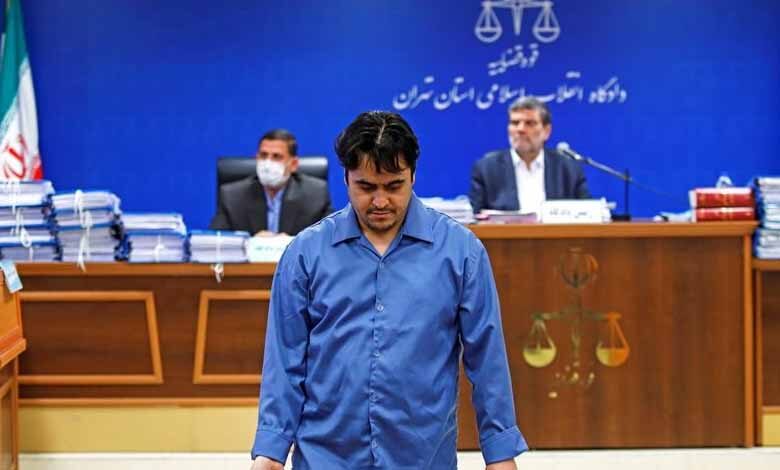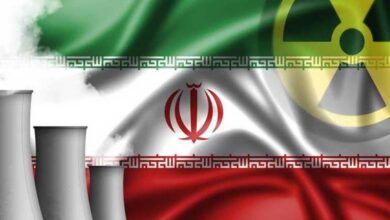Iran Supreme Court agree death penalty against journalist Ruhollah Zam

On Tuesday, Iranian media related that Iran’s Supreme Court agreed on a once-exiled journalist’s death sentence because of his online work that served to inspire nationwide economic demonstrations three years ago.
The semiofficial Tasnim news agency cited what said the judiciary spokesman Gholamhossein Esmaili that the country’s Supreme Court affirmed Ruhollah Zam’s death penalty. It was actually unclear when the court takes this decision.
It’s also unclear when Zam’s penalty would be executed. Under Iranian law, Zam has another opportunity to appeal. Also, the judiciary president has the power to cancel the judgment and order a retrial if he finds that it is a violation of Sharia law.
Moreover, a court sentenced Zam to death In June, with claims that he had been convicted of corruption on Earth, which is, in fact, a charge often used in cases committing espionage or tries to overthrow Iran’s government.
Zam’s website and a channel created on the popular messaging app Telegram had published the demonstrations’ timings and embarrassing information about officials that directly challenged Iran’s Shiite theocracy. Those protests that started at the end of 2017 represented the biggest challenge to Iran since the 2009 Green Movement demonstrations and helped on the setting of similar conflict in November of last year.
The First reason for the 2017 demonstrations was a sudden increase in food prices. Several believe that hard-line adversaries of Iranian President Hassan Rouhani prompted the first protests in Mashhad’s conservative city in eastern Iran by attempting to direct public anger at the president. However, as demonstrations expanded from city to city, the reaction turned against the whole ruling parties. In Zam’s online videos, cries that are directly challenging Rouhani and even Supreme Leader Ayatollah Ali Khamenei could hear, and Zam’s channel also shared times and organizational details for the demonstrations.
Nevertheless, Telegram stopped the channel as the Iranian government complained about its publication of information about making gasoline bombs. The channel later remained under a different name. Zam, who has related that he escaped from Iran after being wrongly accused of working with foreign intelligence services, and he refused provocative violence on Telegram at the time.
Indeed, the details about his detention remain not clear. Despite he was based in Paris, Zam somehow turned to Iran and arrested by intelligence officials. Besides, a series of televised confessions aired earlier this year about his work.












